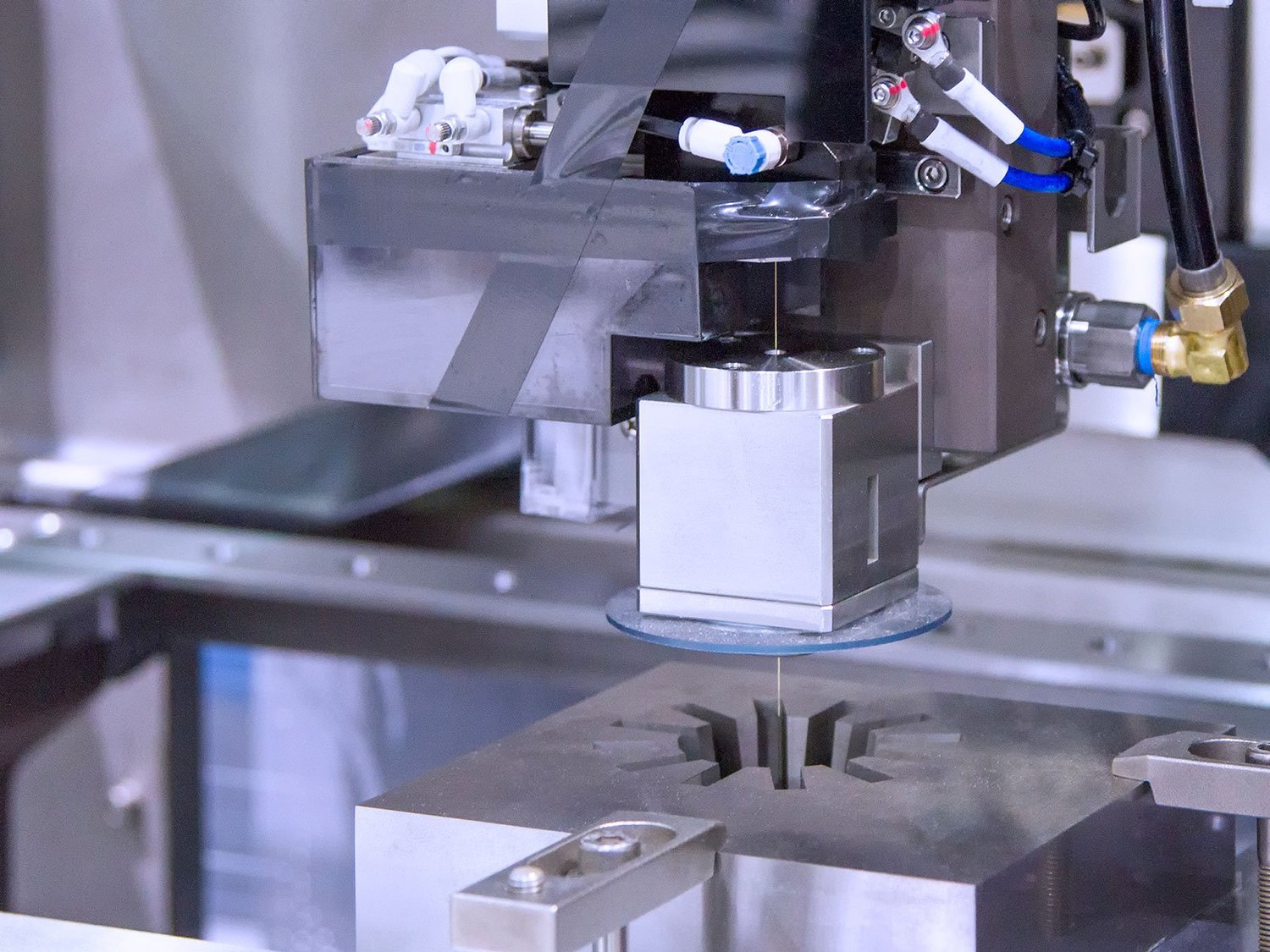Which Materials Can CNC Machining Handle??
When it comes to manufacturing and producing intricate parts and components, CNC machining has become an indispensable process. Computer Numerical Control (CNC) machining is a manufacturing technology that utilizes pre-programmed computer software to control the movement of tools and machinery. It is widely used in various industries, including aerospace, automotive, electronics, and more. One of the key factors that make CNC machining so versatile is its ability to work with a wide range of materials. In this article, we will explore the different materials that CNC machining can handle and their unique properties.
Metallic Materials
Metallic materials are widely used in CNC machining due to their strength, durability, and excellent mechanical properties. CNC machines can work with various types of metals, including:
1. Aluminum
Aluminum is a lightweight and corrosion-resistant material that is widely used in industries such as aerospace, automotive, and electronics. CNC machining can easily handle aluminum, allowing for the production of intricate parts with high precision.
2. Steel
Steel is a versatile and strong material that is commonly used in CNC machining. It offers excellent mechanical properties, including high tensile strength and hardness. CNC machines can work with different types of steel, such as stainless steel, carbon steel, and tool steel.
3. Brass
Brass is an alloy composed of copper and zinc, known for its excellent conductivity and corrosion resistance. CNC machining can handle brass with ease, making it suitable for producing electrical components and decorative parts.
Plastic Materials
Plastic materials are widely used in various industries due to their versatility, lightweight nature, and cost-effectiveness. CNC machining can work with a wide range of plastic materials, including:
4. Acrylic
Acrylic, also known as Plexiglas or PMMA, is a transparent and lightweight plastic material. CNC machining can easily cut, shape, and engrave acrylic, making it ideal for producing signage, display cases, and decorative items.
5. ABS
ABS (Acrylonitrile Butadiene Styrene) is a popular thermoplastic material known for its durability and impact resistance. CNC machining can handle ABS, making it suitable for manufacturing components for automotive, consumer electronics, and household appliances.
6. Nylon
Nylon is a strong and flexible material that is widely used in CNC machining. It offers excellent resistance to wear, chemicals, and heat. CNC machines can easily work with nylon, allowing for the production of gears, bearings, and other mechanical parts.
Composite Materials
Composite materials are a combination of two or more different materials, resulting in enhanced properties. CNC machining can handle various types of composite materials, including:
7. Carbon Fiber
Carbon fiber composites are known for their high strength-to-weight ratio and excellent stiffness. CNC machining can work with carbon fiber, allowing for the production of lightweight and durable components used in aerospace, sports equipment, and automotive industries.
8. Fiberglass
Fiberglass composites are made of glass fibers embedded in a resin matrix. CNC machining can handle fiberglass, making it suitable for producing structural components, boat parts, and automotive body panels.
9. Wood
Wood is a versatile material that can be easily shaped and carved using CNC machining. It is commonly used in industries such as furniture manufacturing, interior design, and architecture.
Other Materials
In addition to the materials mentioned above, CNC machining can also handle other materials such as:
10. Foam
Foam materials, including polyurethane foam and polystyrene foam, can be easily cut and shaped using CNC machining. Foam is commonly used in industries such as packaging, insulation, and prototyping.

